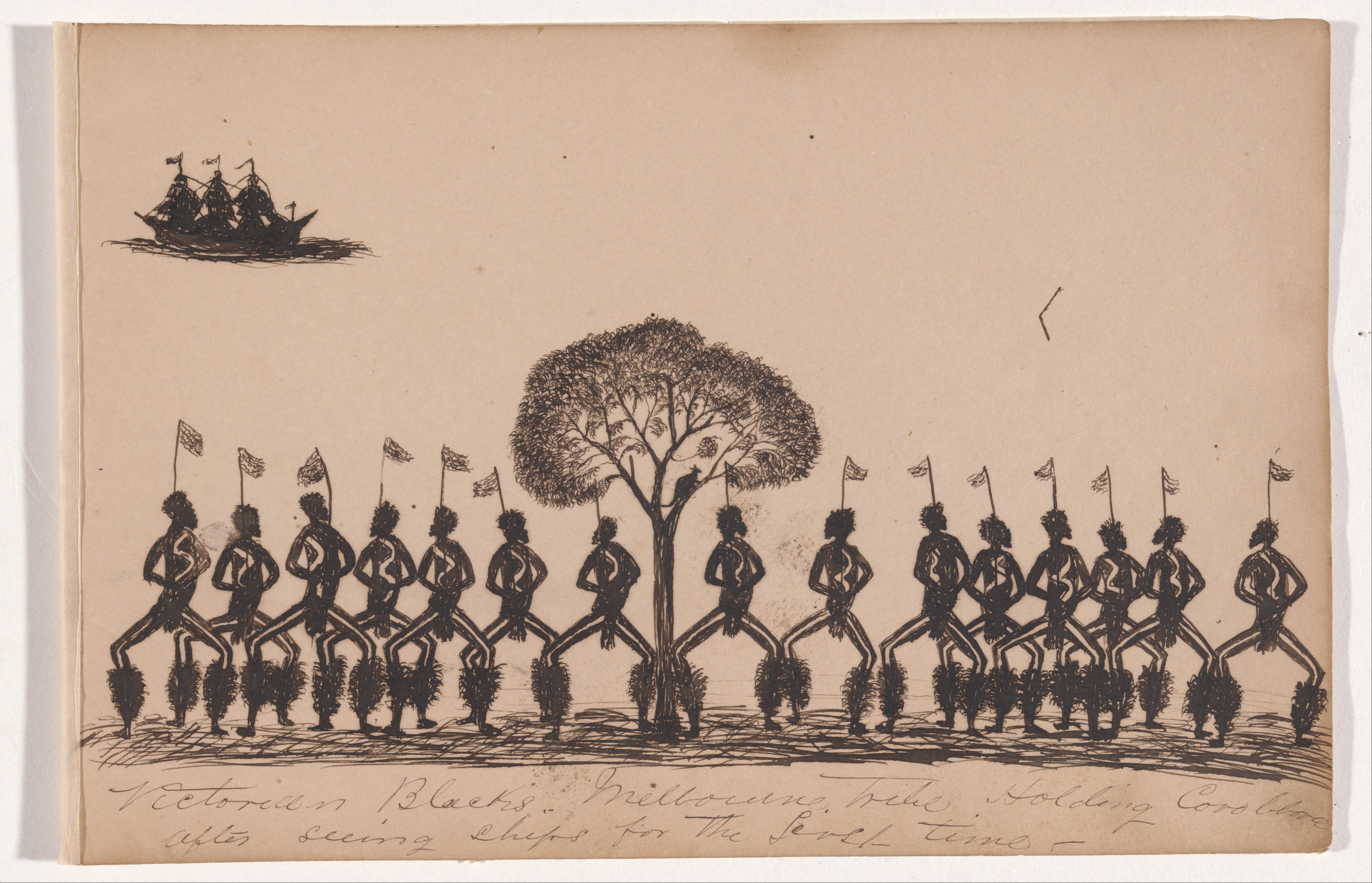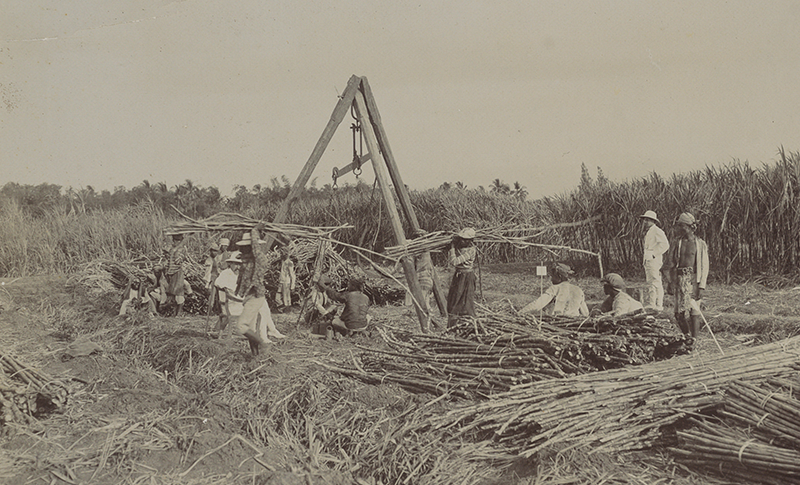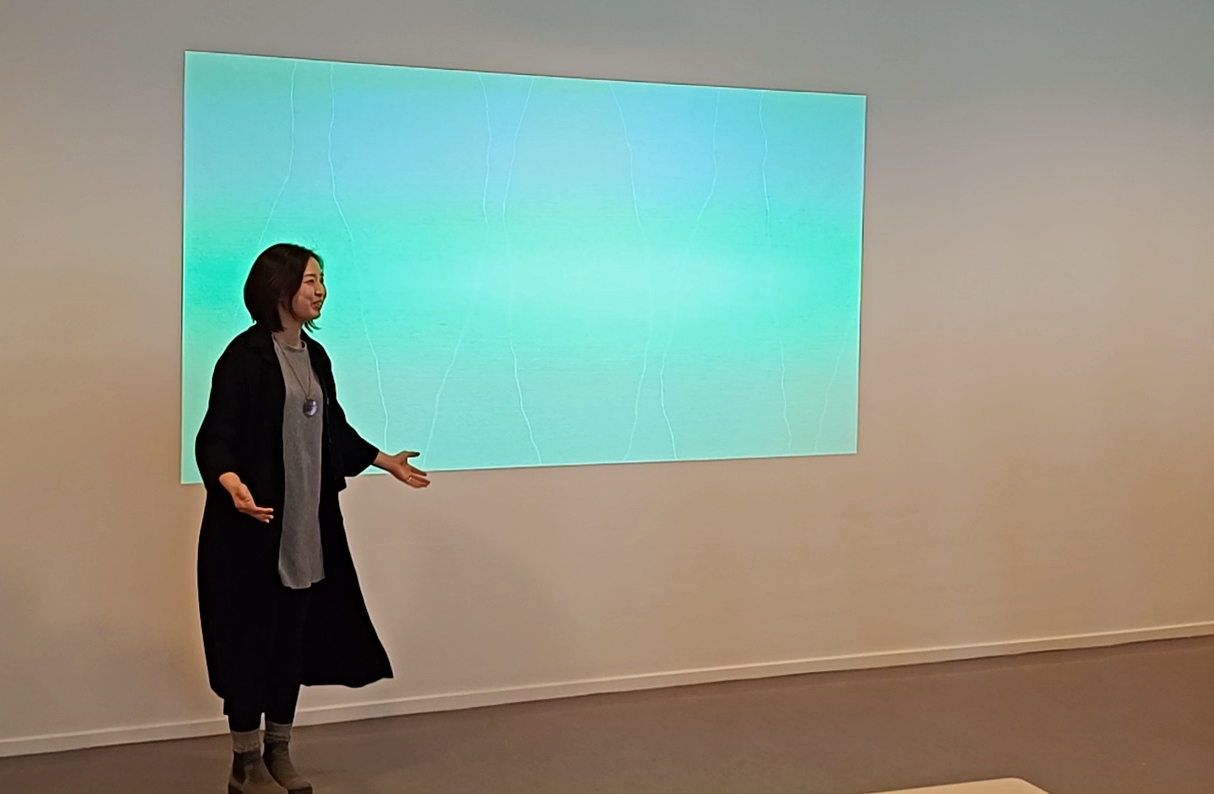What is decolonization? How does history of colonialism shape our present? Why and how did the West acquire its authority and dominance over ‘the Rest’? These questions are central to the new Master’s course Decolonizing Science and Technology.
Coordinator and lecturer is Esha Shah, who is already working for the Water Resources Management Group. The chair group Knowledge, Technology & Innovation hired her to develop the course, for its strategic importance and also in response to students’ demand to decolonize Wageningen education.
The debates on decolonization at WUR are not unique. ‘There has been a worldwide demand to decolonizing higher education’, says Shah. ‘However, it is not often understood what decolonization means. Often only Eurocentric ideas are debated, ignoring considerable debates in Asia, Africa and Latin America spanned over decades on (de)(post)coloniality. This course intends to bridge that gap, by bringing a diversity of perspectives into focus.’
Controversies
Because of its home at KTI, the course will foreground history of science and technology related to the colonial period, Shah explains. ‘The course will engage with abstract debates through examining four concrete examples of science and technology controversies – in order to understand how decolonization is a long-term historical process.’ Asked for an example, she mentions a recent controversy on the history of science – how an important innovation at the heart of industrial revolution in 18th century, which launched Britain as colonial and economic superpower, was stolen from 76 black Jamaican metallurgists, many of whom were enslaved at that time. ‘That would be the kind of a controversies that this course will dive into. They show how colonial history shapes our present life’, Shah explains.
The course (6 ECTS) runs in period 1 and is open to all master’s students (no prerequisites). It will include (guest) lectures and interactive sessions, using both academic literature as well as sources of popular culture, like films and fiction. An excursion to Wereldmuseum will also be part of the programme. In OSIRIS the code of the course is CPT59006; registration opens on 1st of June.

 One of the pictures Shah uses: ‘Victorian Blacks’ painted in 1890 by aboriginal artist Tomy McRAE – Melbourne tribe holding corroboree (sacred dance ritual) after seeing ships (colonizers) arriving for the first time.
One of the pictures Shah uses: ‘Victorian Blacks’ painted in 1890 by aboriginal artist Tomy McRAE – Melbourne tribe holding corroboree (sacred dance ritual) after seeing ships (colonizers) arriving for the first time. 

